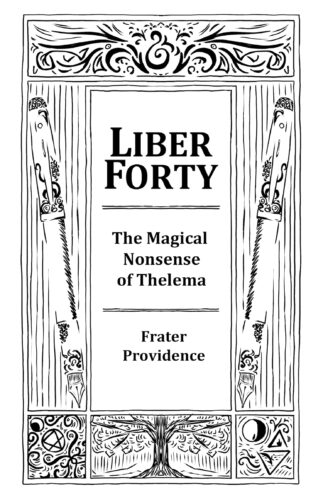Review: Black Flame, by Gretchen Felker Martin (2025)

It’s striking to think that it was just two years ago that Gretchen Felker-Martin was an enfant terrible debut author. Now here we are with her third book, and a fourth on the way for 2026—a striking pace that’s rapidly turning her into a major horror writer with a serious body of work. But a crucial step in such a transition—in many ways the hardest—is getting out from the shadow of the debut. As long as your debut is also your best work you can never really have a body of work. You can have a career, certainly—even a successful one. But it will never be a corpus if it consists only of failed efforts to recapture the initial high. Thankfully, with Black Flame, Felker-Martin puts this problem to bed; the book is her best yet, and an absolute triumph.
Where both Manhunt and Cuckoo employed sizeable casts of viewpoint characters—in the case of Cuckoo perhaps slightly too sizeable—Black Flame remains tightly in the mind of its protagonist, Ellen Kramer (periodically and unsettlingly referred to as El). This quickly proves, in key ways, a deeply unpleasant place to be, although I would balk at calling this a criticism of any book, and certainly of a horror book. Ellen is, as the promotional copy notes, a “pathologically repressed” lesbian, and the absolute focus on her perspective gives the book a pinched, claustrophobic feeling. But this suits the larger structure, which is classically gothic—repressed libidinousness pushing into the protagonist’s world until it comes crashing down.
The specific mechanism for this is a film—a queer 1930s German film, believed lost, which Ellen is tasked with restoring the recently rediscovered print of. She finds the task unpleasant—”The Baroness was ugly,” she thinks at one point. “Disturbing. Men in drag performing bizarre occult rituals. Beasts and devils of paper mache and rubber cavorting on sound stages made to resemble wooded glades. Lascivious bodies grinding and touching.” But she soon finds these images bleeding into her life, which quickly unravels along with her sanity.
Comparisons to I Saw the TV Glow are, of course, inevitable, although the resemblance is coincidental, and revealing only inasmuch as it highlights the way in which art serves as a mirror through which we recognize desire. But Black Flame is not primarily about how we relate to art; I’m not even sure Ellen expresses a single emotion about liking film anywhere in the course of the novel. That would be far too much of a chink in the wall of deadening repression. And that’s the novel’s real theme and subject—the ways in which we drown ourselves within our own lives, and the stupid, pointless reasons we do it.
This suits Felker-Martin. There is perhaps no writer in the English language more adept at describing wet things, a skill that means that she is never better than when describing squalid decay or erotic fervor. The stifling numbness of Ellen’s world feels like the rotting Potemkin life it is, while the lascivious alternative that haunts her feels unspeakably horny.…









